38 reading food nutrition labels
Food labels - NHS Most pre-packed foods have a nutrition label on the back or side of the packaging. These labels include information on energy in kilojoules (kJ) and kilocalories (kcal), usually referred to as calories. They also include information on fat, saturates (saturated fat), carbohydrate, sugars, protein and salt. How To Read Nutrition Labels - Mayo Clinic Diet All the nutrition info — including calories — refer to the amount in one serving. 2. Check the calories in one serving 40 calories is low, 100 calories is moderate, 400 calories or more is high. Remember: If you eat multiple servings, you'll need to multiply the calories by the number of serving that you eat. 3. Check the % Daily Value
Learn How the Nutrition Facts Label Can Help You Improve Your Health Read the Nutrition Facts labels on your packaged food and drinks to keep track of sugars, fats, protein, and other nutrients. Most sodium we consume is from salt, and salt is commonly in processed foods. Read labels and choose the product with less sodium. Drink plain water instead of sugary beverages.
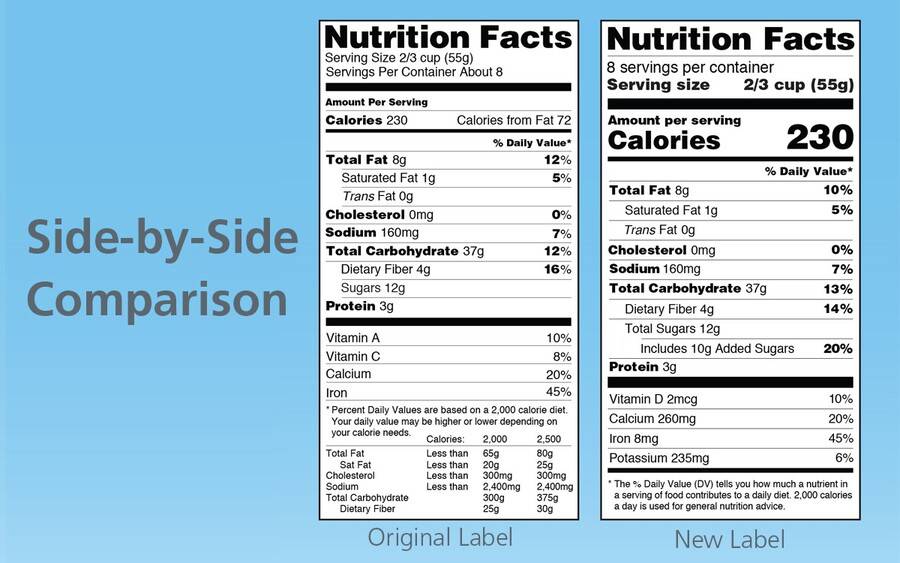
Reading food nutrition labels
How to read nutrition labels? 3 Simple Steps for Reading Food Nutrition Labels for a Healthier Diet. STEP #1: Read the back of the label every time. STEP #2: Look for short ingredient lists that include ingredients that you would use in your own kitchen. STEP #3: Focus on the first three to five ingredients the most. How do you calculate food labels. How to understand food labels | Eat For Health The Nutrition Information Panel on a food label offers the simplest and easiest way to choose foods with less saturated fat, salt (sodium), added sugars and kilojoules, and more fibre. It can also be used to decide how large one serve of a food group choice or discretionary food would be and whether it's worth the kilojoules. 6 Free Printable Food Labels Worksheet & Different Types The food labels worksheet PDF is used to help identify the total calories, serving size, number of servings in a package, and the nutrition information on food packaging. Reading food labels worksheet. Reading food labels is an exercise in making decisions and balancing priorities.
Reading food nutrition labels. Read the Label Youth Outreach Materials | FDA - U.S. Food and Drug ... Read the Label Youth Outreach materials challenge kids (ages 9 to 13) to look for and use the Nutrition Facts label on food and beverage packages. The materials include fun, easy tips and targeted... Reading Food Nutrition Labels 101 and How to Decode Them 8 Rules for Reading Food Nutrition Labels: Never believe the flashy claims on the front of the box. Always read the nutrition facts label and the ingredient list. Check the serving size. Check the amount of servings per package. Check the calories per serving. Check out the calories from each type of fat. Check the sodium. Reading food labels: Tips if you have diabetes - Mayo Clinic Look for foods with fats, cholesterol and sodium on the low end of the Daily Value; keep fiber, vitamins and minerals on the high end. If your doctor or registered dietitian recommends more or less than 2,000 calories a day, you may need to adjust the percentage accordingly — or simply use the percentage as a general frame of reference. How to Read Nutrition Facts | Food Labels Made Easy - YouTube Finally, on some labels you will see the calories per gram for each macronutrient. Fat contains 9 grams per serving and Carbohydrates and Proteins contain 4. So for every 10 grams of fat, you will...
How to Read a Food Label - FoodAllergy.org In the ingredient list, using the allergen's common name. Using the word "Contains" followed by the name of the major food allergen—for example, "Contains milk, wheat.". In the ingredient list in parentheses, when the ingredient is a less common form of the allergen—for example, "albumin (egg).". With tree nuts, fish and ... How to Read Food Labels: Your Complete Consumer Guide Details included on food labels are the nutritional composition of a food, as well as ingredients and their relative amounts. When relevant, they may also indicate important details about the food's quality, origin, processing, and method of preservation. With this information, the theory goes, you can make intentional decisions about what to buy. PDF Food and Nutrition Reading Nutrition Labels - University of Washington Nutrition Label Information. Amounts listed on the nutrition label may be rounded to the nearest whole number. Serving Size and Number of Servings . Under "Nutrition Facts," you will find the serving size that is used for the nutrition information on the label. Right under this is the number of servings in the container. Similar food ... How to read food labels | healthdirect In Australia, the law requires all manufactured foods to carry labels containing safety and nutrition information. This information helps you to make decisions about the food you buy and eat so you can follow a healthy diet. The label will tell you: the name of the product, describing accurately what it is the brand name
How to Understand and Use the Nutrition Facts Label | FDA - U.S. Food ... Dietary fiber, vitamin D, calcium, iron ad potassium are nutrients on the label that Americans generally do not get the recommended amount of. They are identified as nutrients to get more of.... How to Read Food Nutrition Labels - Maine SNAP-Ed Use the Nutrition Facts label and ingredients list to limit foods and beverages that are high in sodium, saturated fat, and added sugars. Watch out for added sugars! Sugar has many different names, especially on an ingredient list. Look out for words like: High fructose corn syrup Words ending in "ose" such as Dextrose Fructose Galactose Glucose How to read food labels: MedlinePlus Medical Encyclopedia Always check the serving size first. All the information on the label is based on the serving size. Many packages contain more than 1 serving. For example, the serving size for spaghetti is most often 2 ounces (56 grams) uncooked, or 1 cup (0.24 liters) cooked. If you eat 2 cups (0.48 liters) at a meal, you are eating 2 servings. Understanding Food Nutrition Labels | American Heart Association When the Nutrition Facts label says a food contains "0 g" of trans fat, but includes "partially hydrogenated oil" in the ingredient list, it means the food contains some trans fat, but less than 0.5 grams per serving. So, if you eat more than one serving, you could end up eating too much trans fat.
Food Labels | CDC - Centers for Disease Control and Prevention If you eat the whole thing, you are eating 8 times the amount of calories, carbs, fat, etc., shown on the label. Total Carbohydrate shows you types of carbs in the food, including sugar and fiber. Choose foods with more fiber, vitamins, and minerals. Choose foods with lower calories, saturated fat, sodium, and added sugars. Avoid trans fat.
Reading Food Labels | ADA - American Diabetes Association Put food labels to work The Nutrition Facts labels on foods are really the key to making the best choices. We'll cover the basics so that these labels make shopping easier for you. Get started Understanding Carbs You've heard it all. From carb-free to low-carb, to whole and empty carbs, it's hard to know what it all means. Learn more
PDF A Guide to Reading Food Labels - University of Rochester Make healthy choices easier by understanding the sections of the Nutrition Facts label. 1. Serving Size. The serving size is a measured amount of food. In the sample label, the serving size is one cup, and there are two servings per container. If you ate the whole container, you would eat two cups, which doubles the calories and other nutrient ...
How To Read Food and Beverage Labels - National Institute on Aging How to read the Nutrition Facts label The U.S. Food and Drug Administration (FDA) requires a Nutrition Facts label on most packaged foods and beverages. At the top of the Nutrition Facts label, you will find the total number of servings in the container and the food or beverage's serving size.
Food label reading guide | Nutrition Australia What to look for when reading food and drink labels (per 100g) Health Star Ratings The Health Star Rating is a front of pack labelling scheme which can be used to make healthier food choices at a glance. The rating range is from ½ - 5 stars and the more stars, the healthier the choice. Recommended minimum star ratings for food and drink categories
How to Read the New Food Label - The Johns Hopkins Patient Guide to ... The percent daily value (%DV) can be used as a quick guide to the food label. Try the 5/20 rule when reading a label. Think about 5% or less as low for any nutrient and 20% or more is high for any nutrient. The %DV is a great way to compare food products if the serving size is the same. Fiber is the nutrient on the label that you want to aim ...
How to Read Food Labels Without Being Tricked - Healthline Nutrition labels state how many calories and nutrients are in a standard amount of the product — often a suggested single serving. However, these serving sizes are frequently much smaller than what...
PDF MOVE! Nutrition Handout N10: How to Read a Nutrition Facts Label size" is the official term used on food labels. Nutrition facts given on the food label are based on one serving. Be sure to look at the number of servings in the container. Even small containers may have more than one serving. If you eat the whole container, then you must multiply the nutrition values by the number of servings in the ...
How do you read a food nutrition label? How do you read nutrition labels for fat content? If a food contains these fats, the amount will be mentioned under total fat on the label. They are weighed and measured in grams. Look for foods that are free of or low in trans fats (1 gram or less). What percentage of nutrition labels are accurate?
PDF How to Read the Food Label - University of California, Santa Cruz A low-cholesterol food has less than 20 mg per serving. Sodium Too much sodium (salt) may raise your blood pressure. Less than 2,300 mg of sodium each day is recommended. A low-sodium food has 140 mg or less in one serving. Total carbohydrate Carbohydrates are in bread, pasta, rice, cereal, fruit, potatoes, starchy vegetables, and sweets.
6 Free Printable Food Labels Worksheet & Different Types The food labels worksheet PDF is used to help identify the total calories, serving size, number of servings in a package, and the nutrition information on food packaging. Reading food labels worksheet. Reading food labels is an exercise in making decisions and balancing priorities.
How to understand food labels | Eat For Health The Nutrition Information Panel on a food label offers the simplest and easiest way to choose foods with less saturated fat, salt (sodium), added sugars and kilojoules, and more fibre. It can also be used to decide how large one serve of a food group choice or discretionary food would be and whether it's worth the kilojoules.
How to read nutrition labels? 3 Simple Steps for Reading Food Nutrition Labels for a Healthier Diet. STEP #1: Read the back of the label every time. STEP #2: Look for short ingredient lists that include ingredients that you would use in your own kitchen. STEP #3: Focus on the first three to five ingredients the most. How do you calculate food labels.

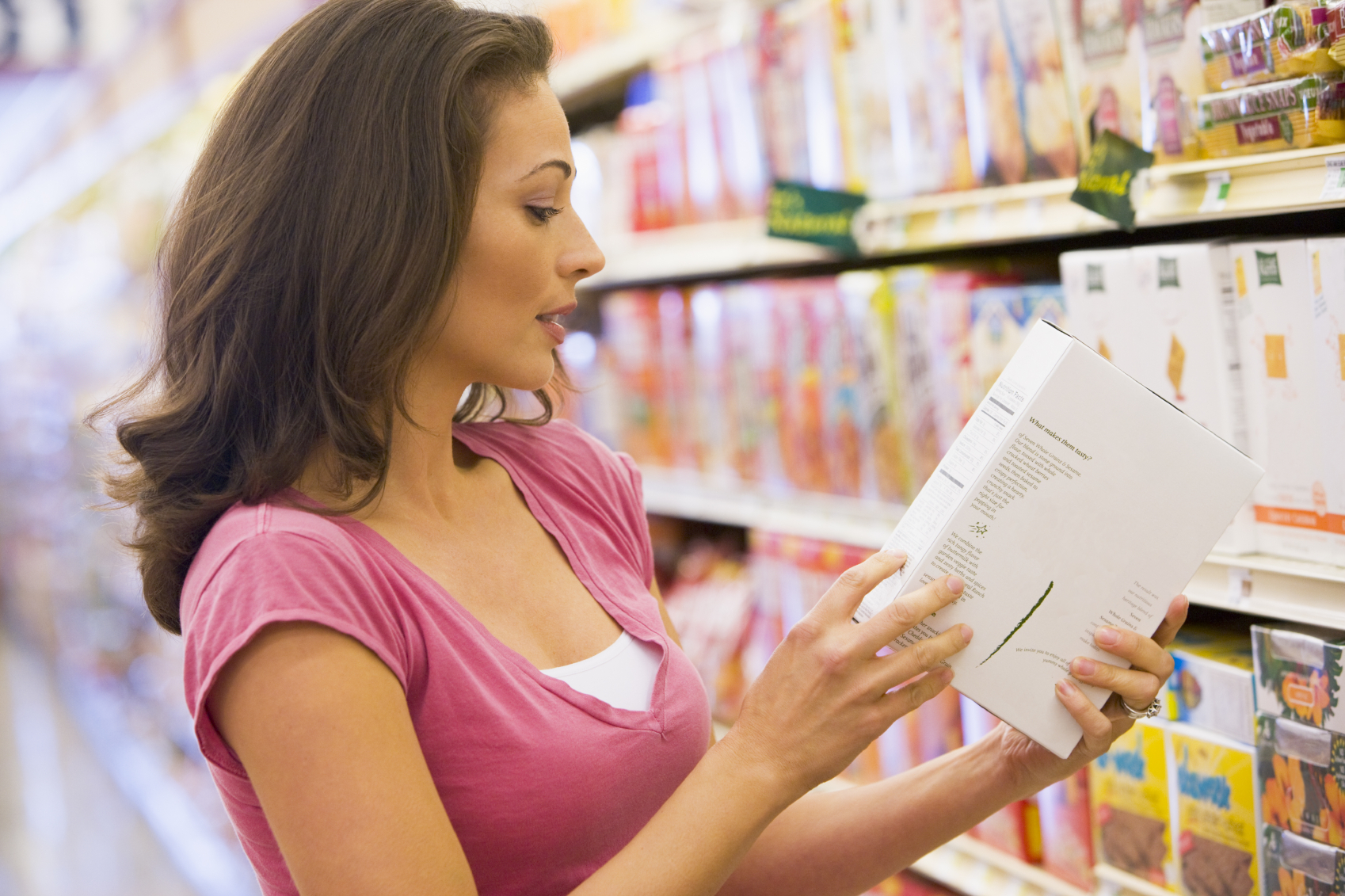
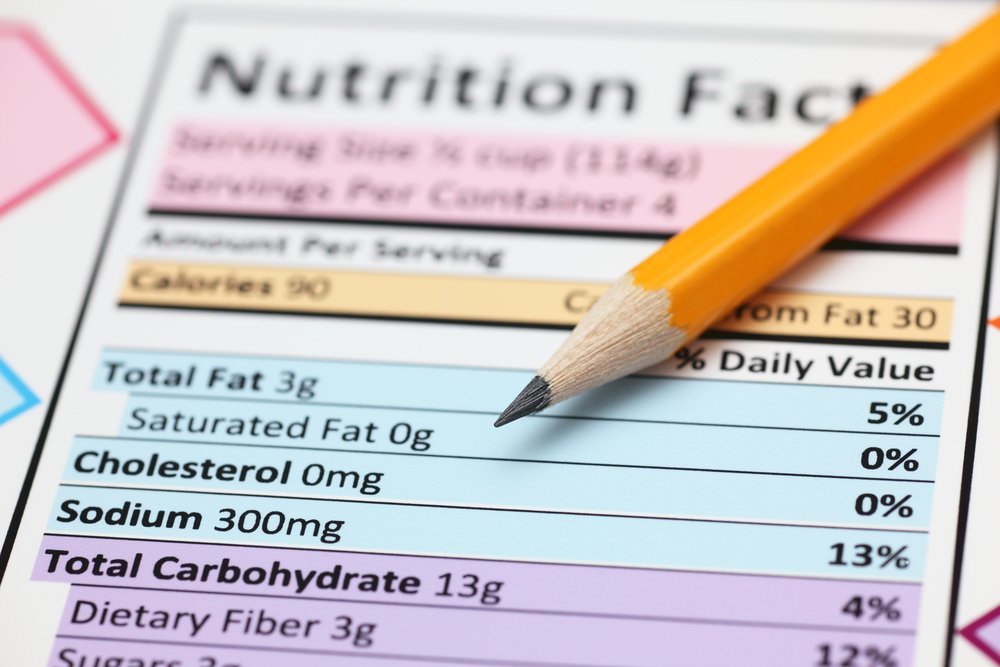



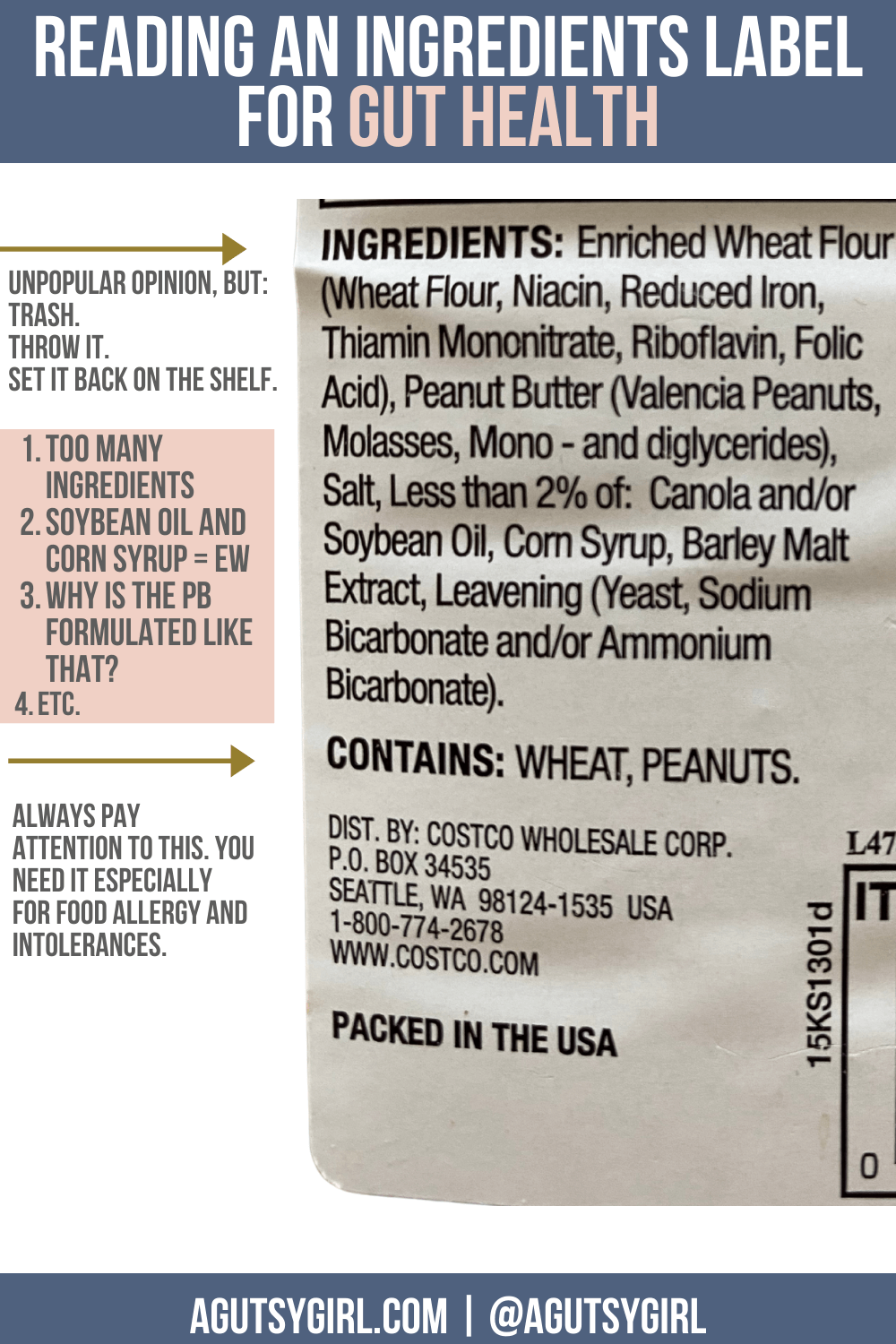
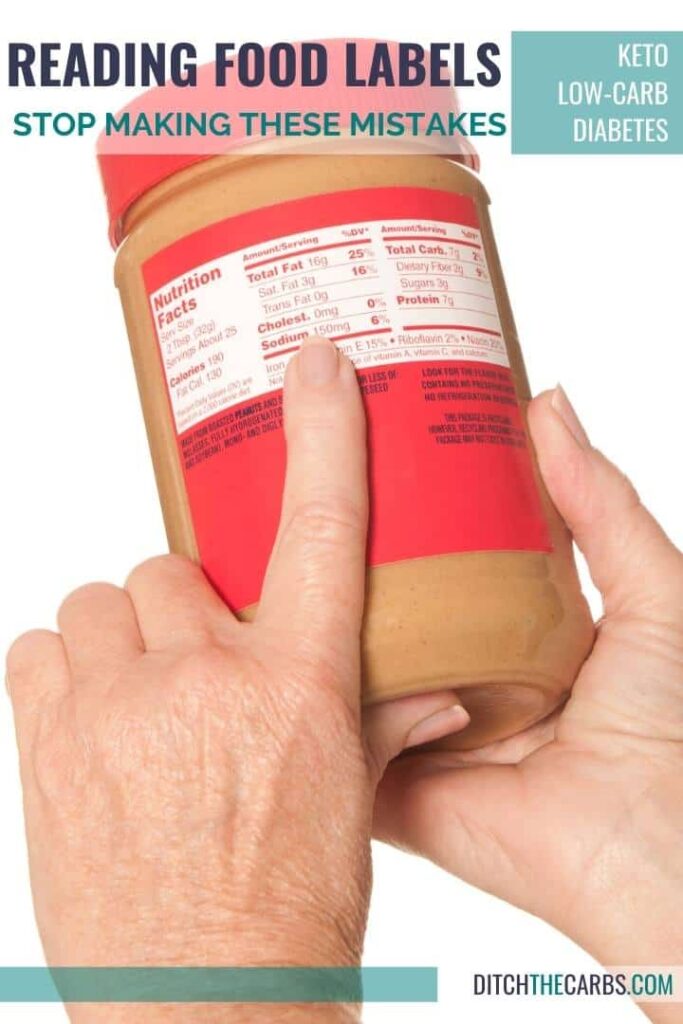
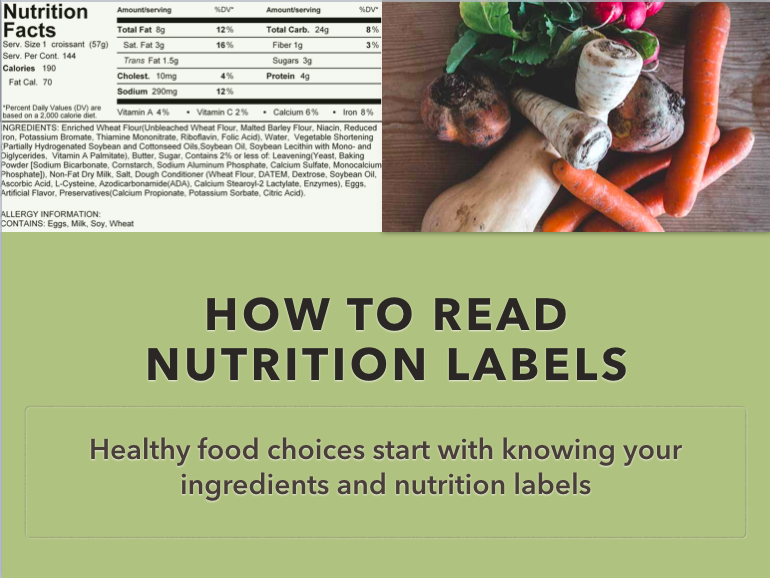
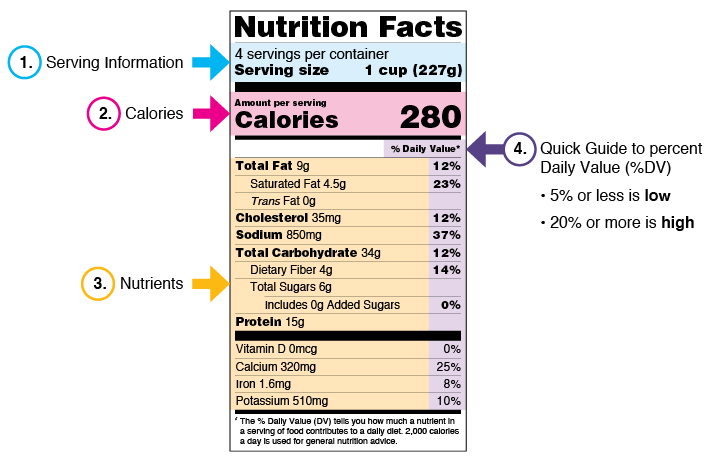
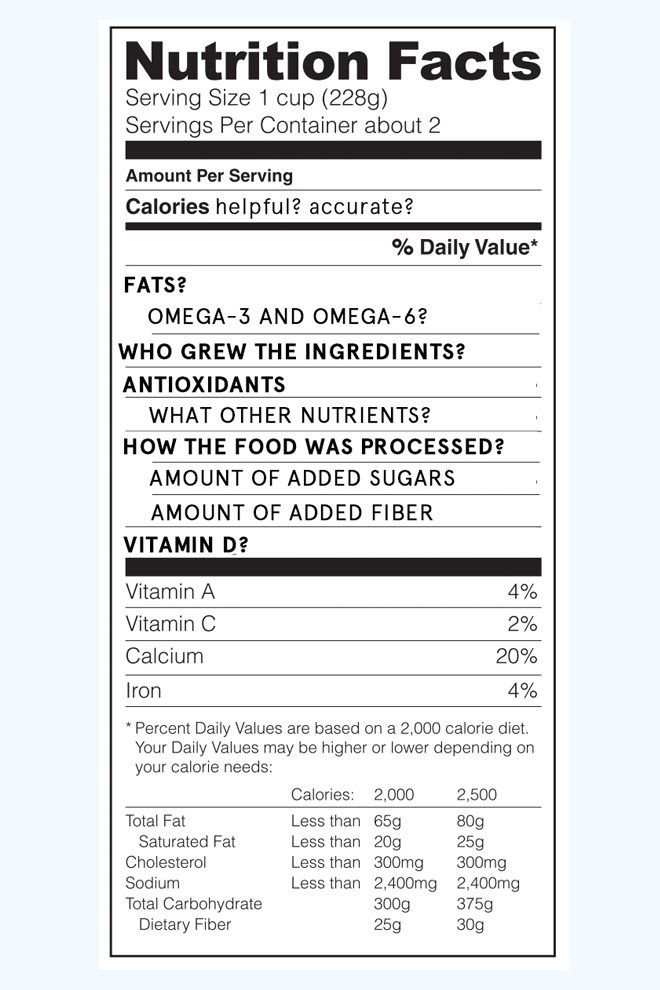
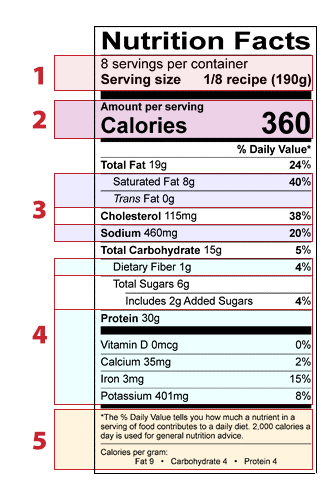



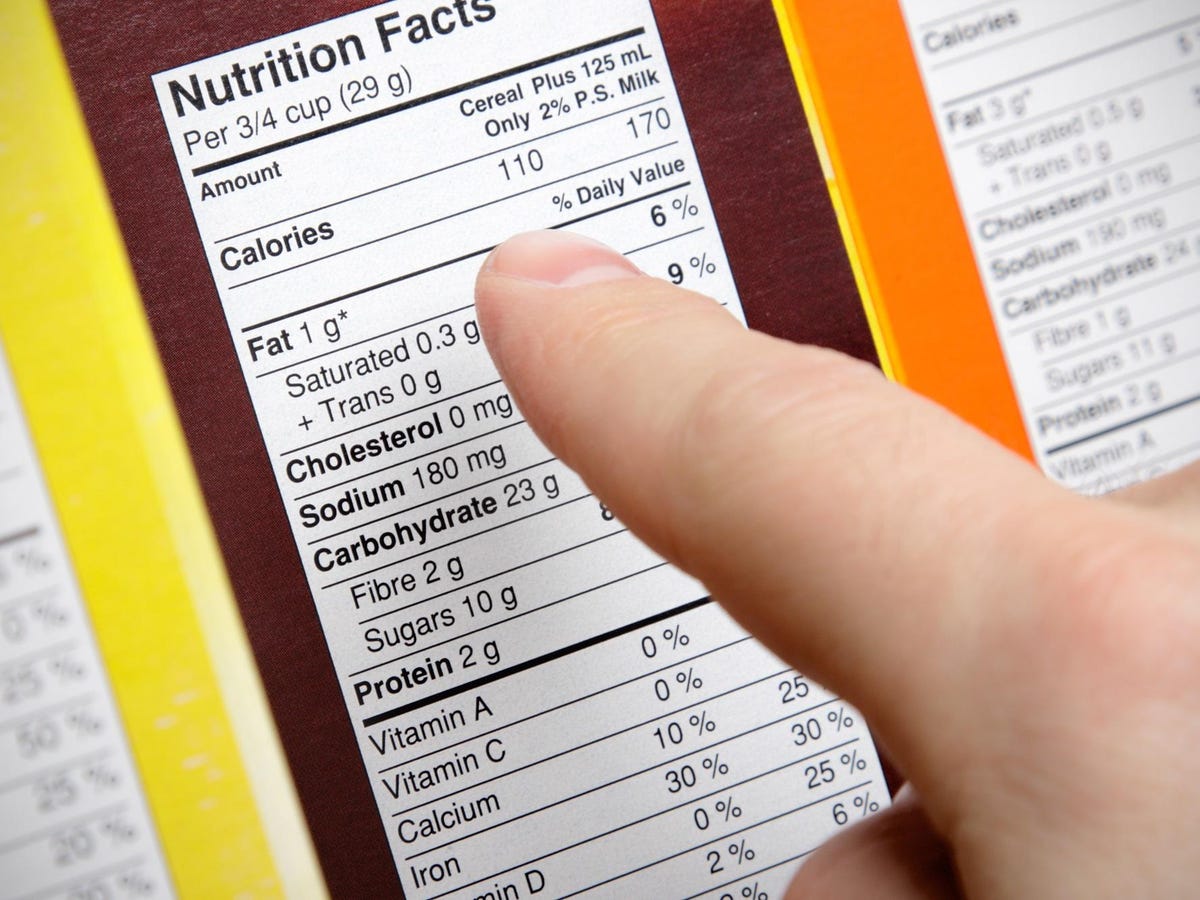




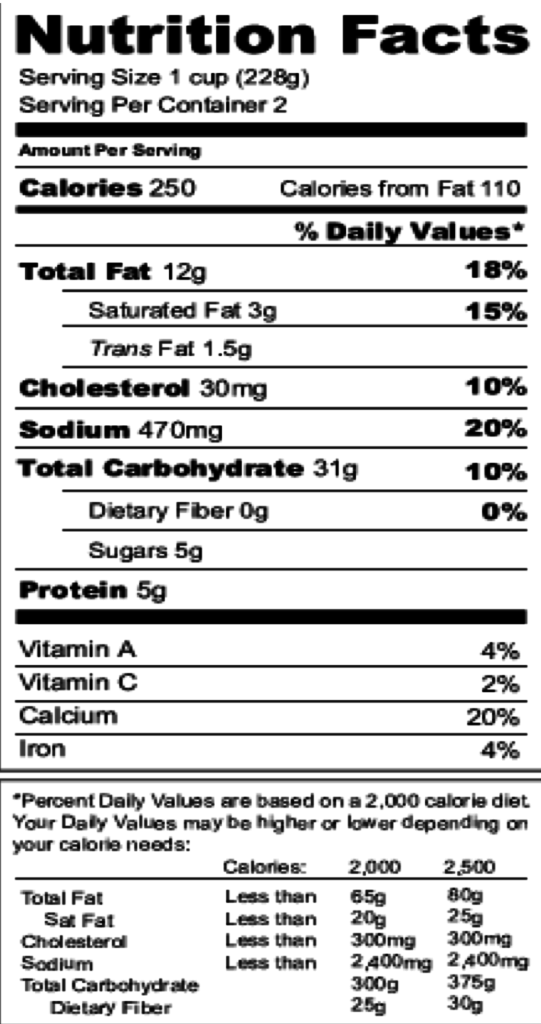
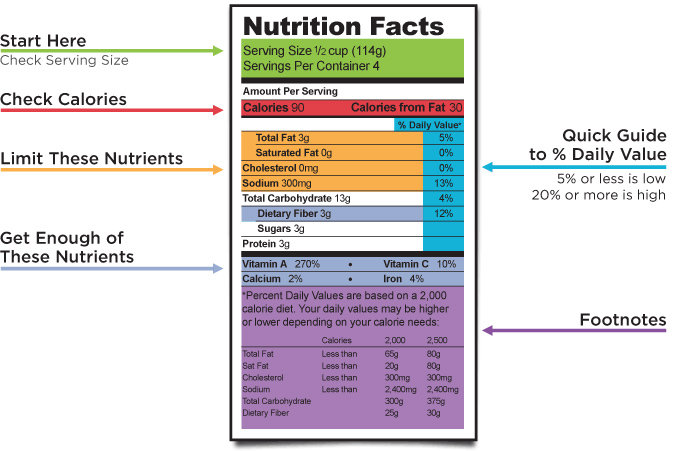
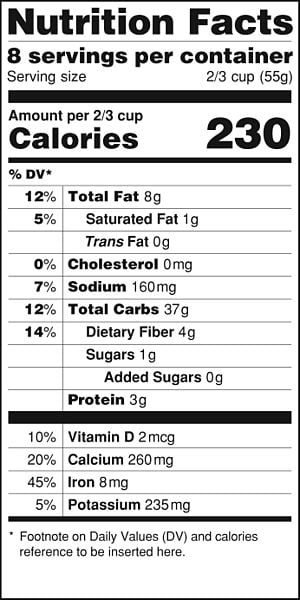
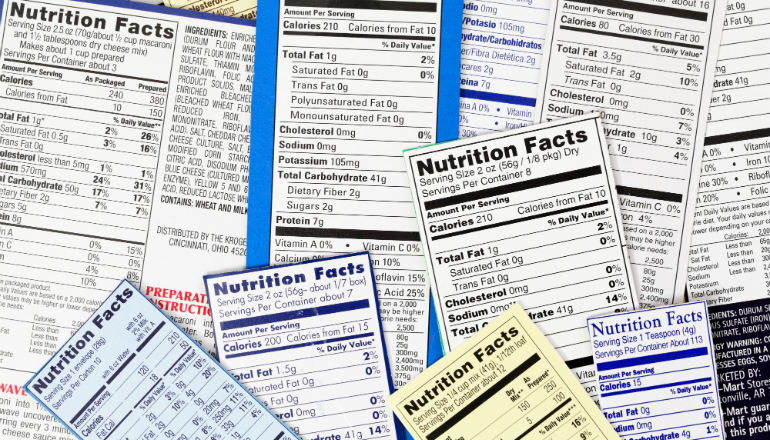
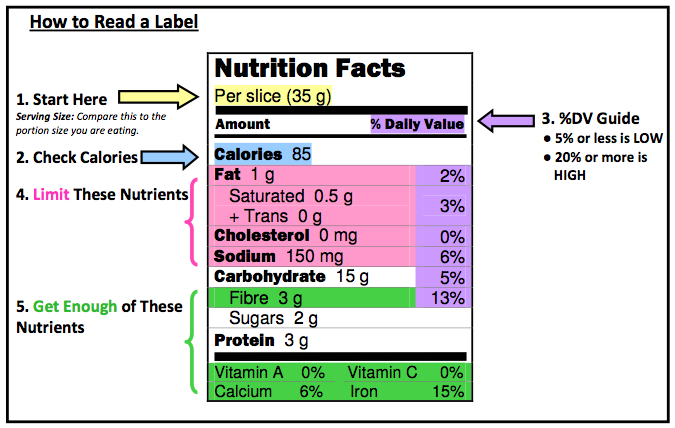
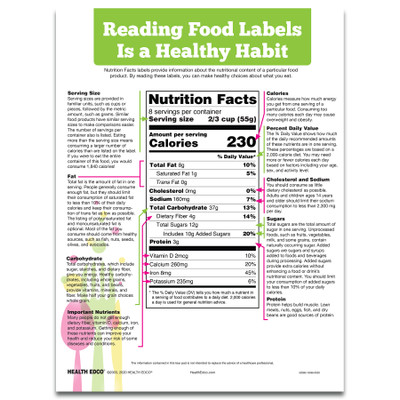








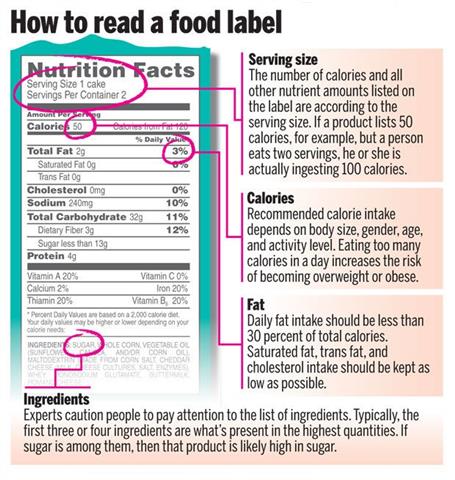
Post a Comment for "38 reading food nutrition labels"